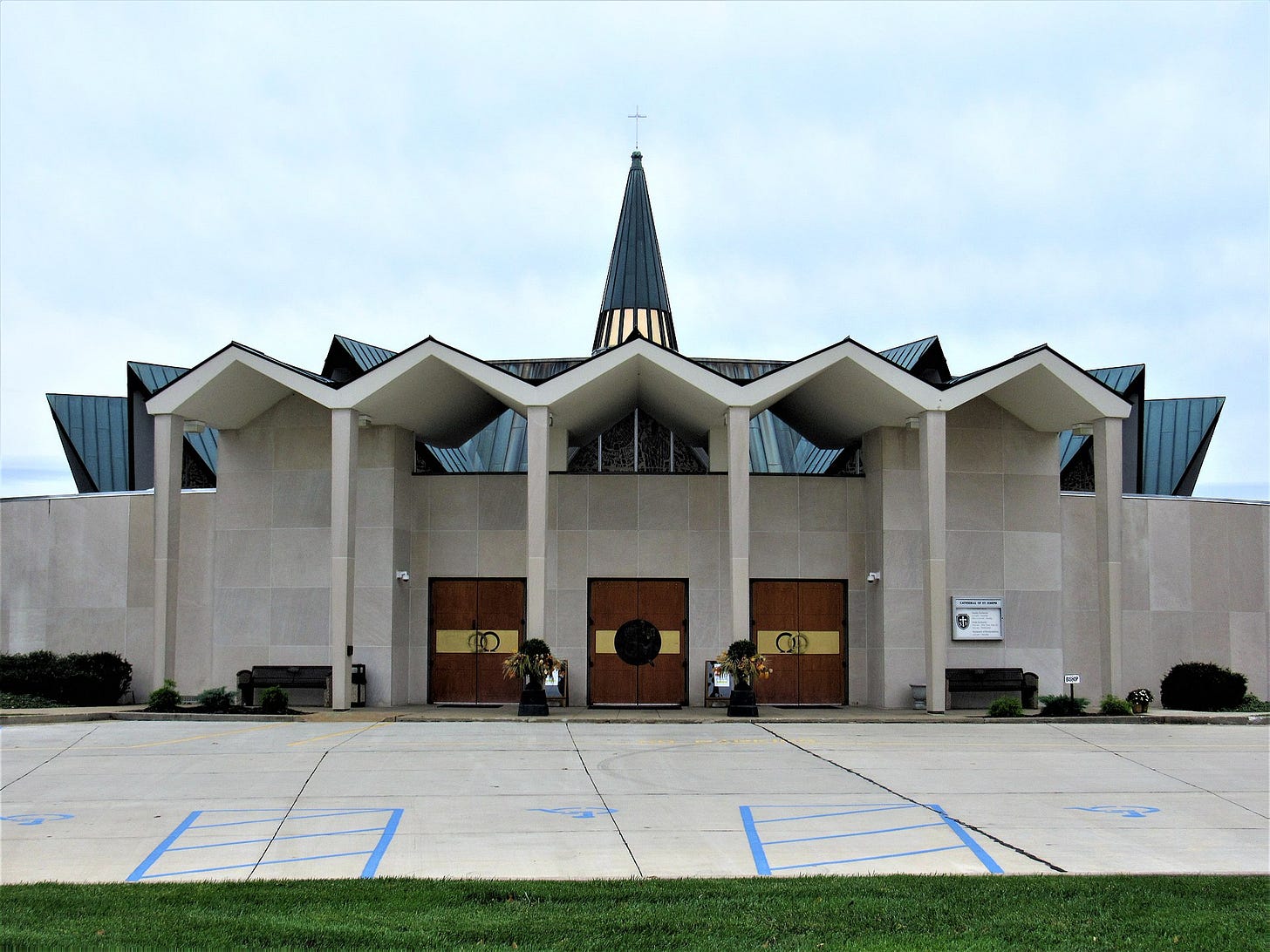$300k parish theft calls for better monitoring, expert says
Undisclosed accounts are ‘red flags’ for parish theft. Here’s why
After a priest pled guilty this month to stealing from his Missouri parish, an expert on clerical financial crimes said dioceses should watch carefully for undisclosed parish bank accounts — a common feature in theft from Catholic parishes and schools.
Fr. Ignaz…

